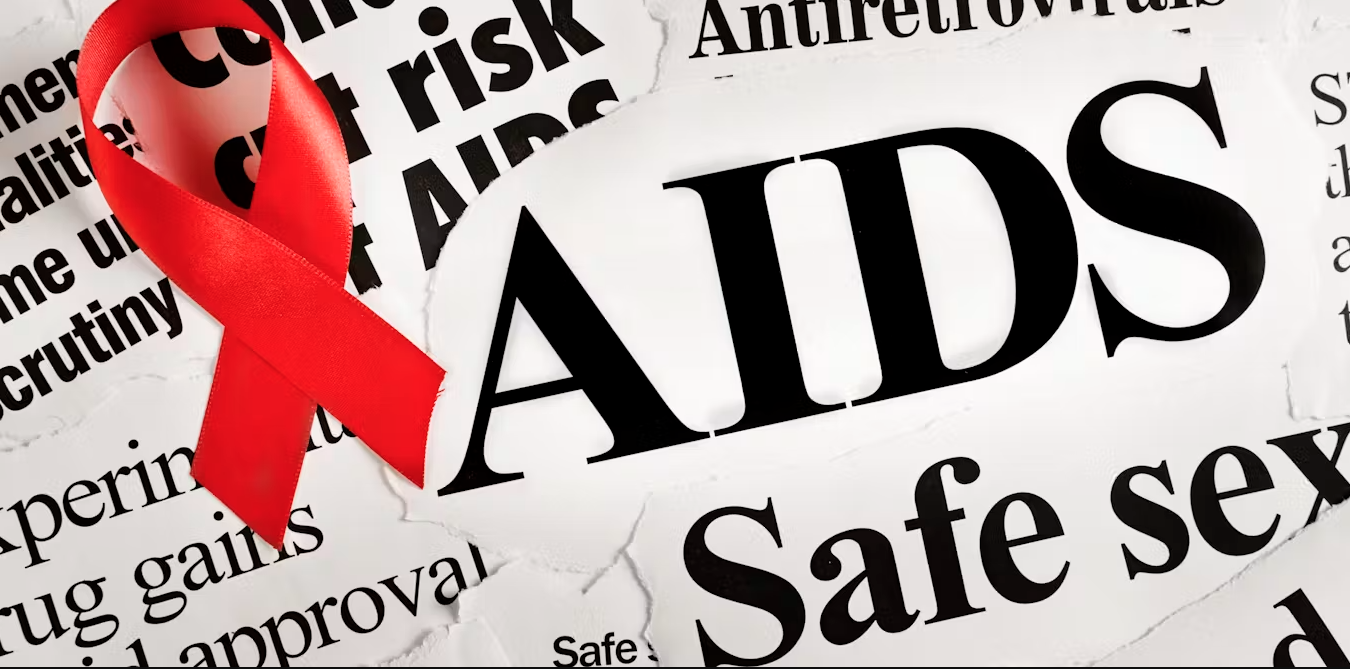411
South Africa’s 25-Year Journey: Triumphs and Challenges in the HIV Epidemic Fight

South Africa’s battle against HIV has come a long way since the early 2000s, transitioning from a period of denialism to becoming a global leader in treatment and prevention. Yet, as experts warn, the epidemic is far from over.
In 2000, then-President Thabo Mbeki’s controversial speech at the Durban International AIDS Conference, questioning the link between HIV and AIDS, marked a low point in South Africa’s response. During this period, treatment access was severely limited, costing thousands of lives.
However, the public outcry and activism that followed, including a landmark court case in 2002, forced the government to expand access to antiretrovirals (ARVs). Today, around six million South Africans receive free treatment, the largest program of its kind globally.
In 2000, South Africa saw approximately 1,463 new HIV infections daily. By 2024, this figure had dropped to about 370—a 75% reduction thanks to widespread treatment and innovative prevention methods.
Scientific Innovations Reshaping the Fight
Advancements in HIV science have been pivotal. The U=U concept (Undetectable = Untransmittable) has revolutionized perceptions of living with HIV. Preventive measures, including male circumcision and long-acting ARV injections, have further curbed transmission.
Affordable ARVs became possible due to generic licensing, enabling more extensive distribution. Treatments have evolved to be more effective and cause fewer side effects, improving adherence rates.
Despite these successes, HIV remains a public health concern. Mitchell Warren of AVAC warns that global infection rates are plateauing, hindering the goal of ending AIDS as a health threat by 2030.
To combat this, experts advocate for scaling up access to six-monthly anti-HIV injections, which could significantly reduce new infections.
South Africa’s journey in the fight against HIV demonstrates the power of activism, science, and public health commitment. However, the work is not done. As the nation moves forward, ensuring equitable access to new treatments and sustaining momentum will be key to defeating the epidemic once and for all.
Follow Joburg ETC on Facebook, Twitter and Instagram
For more News in Johannesburg, visit joburgetc.com















